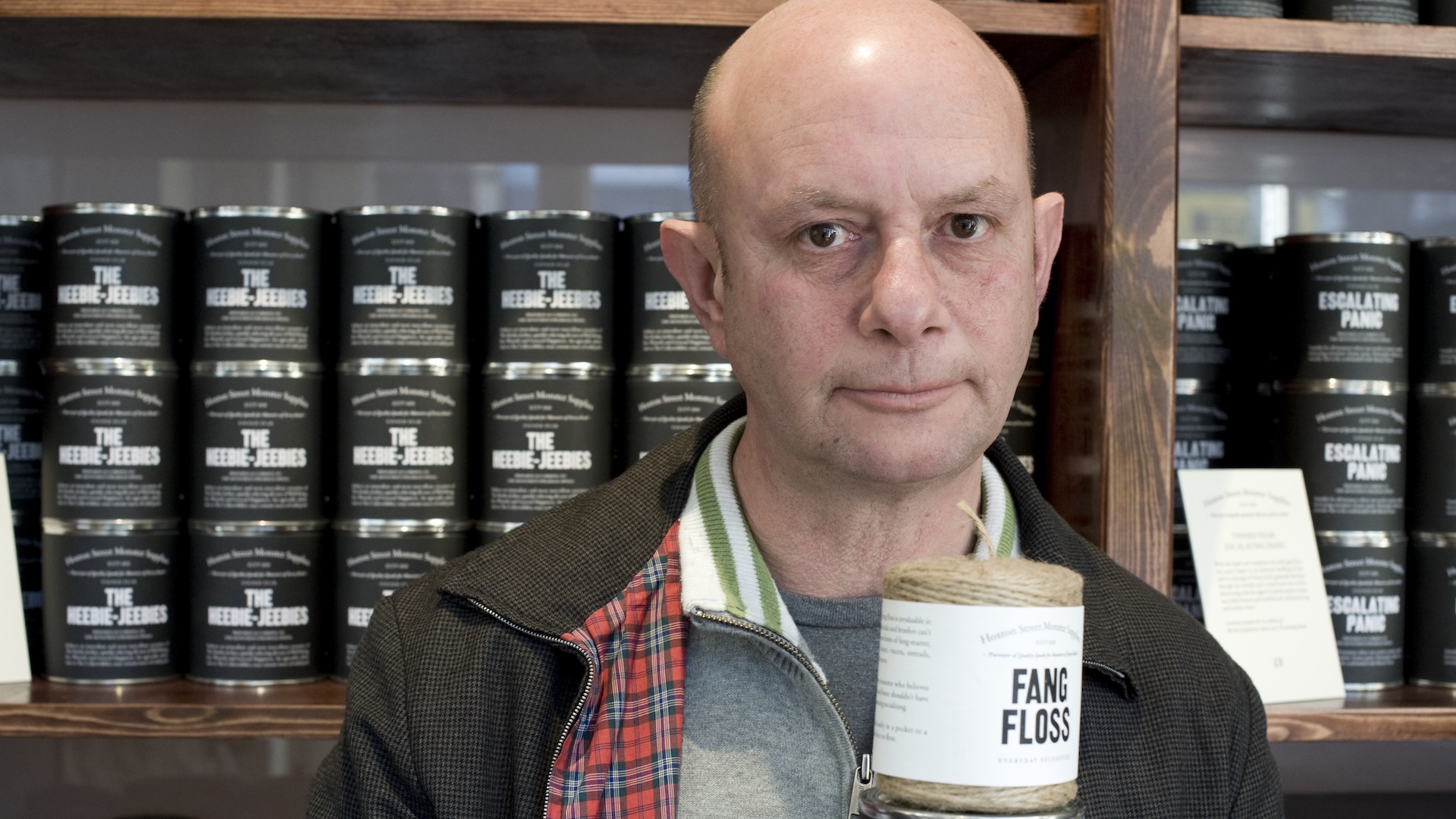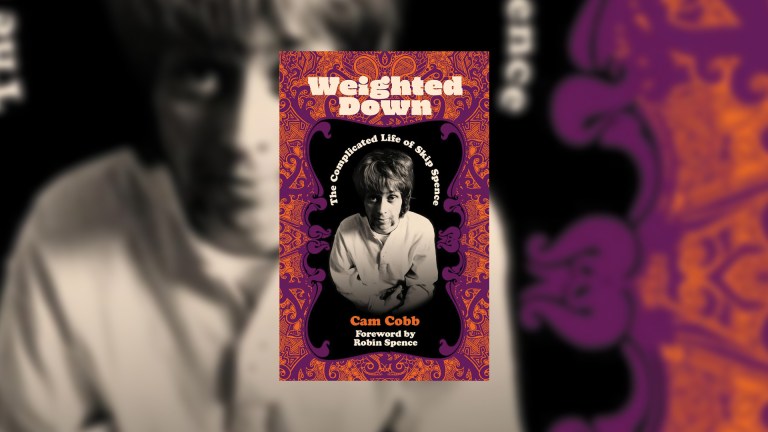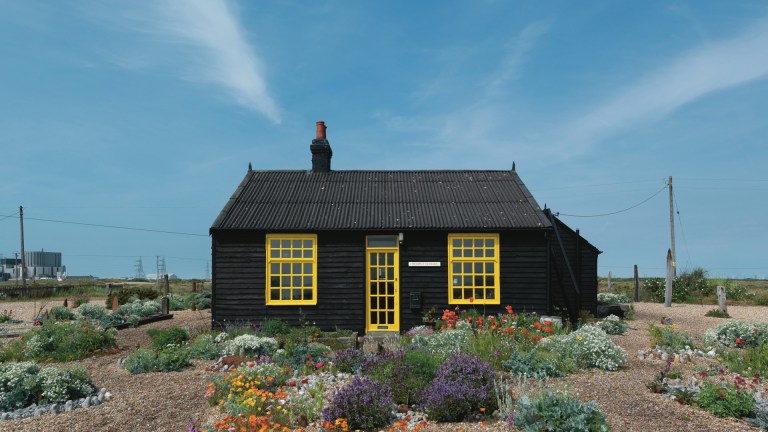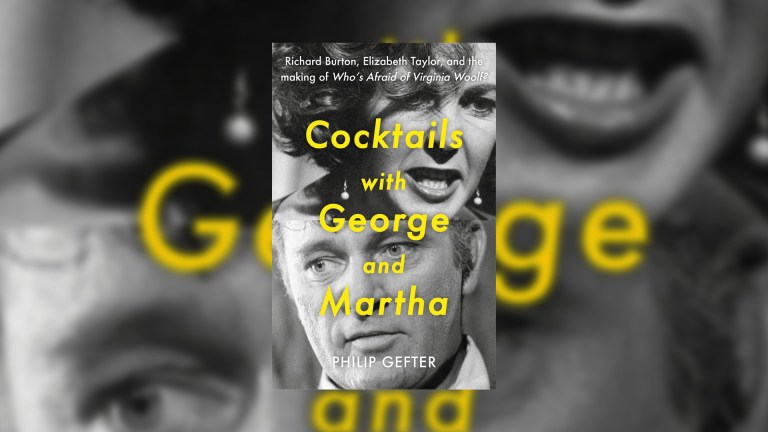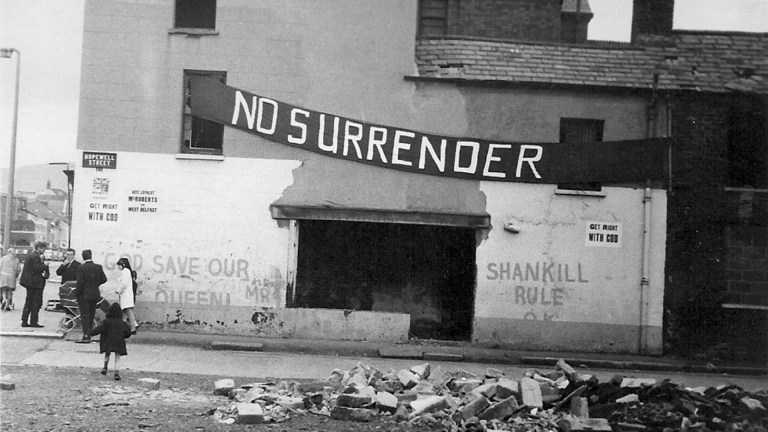I was 11 when I first went to see Arsenal. We played Stoke City and we won 1-0. I went with my dad but he wasn’t a big Arsenal fan at all. He loves sport but this was the classic ‘my parents have just got divorced and don’t know what to do with me’ thing.
So he said let’s go and see a football match. And that was it. It was a thunderbolt. And football was all I thought about for a few years. Until I started my job at Boots and started meeting lots of girls.
My parents’ divorce changed my life in quite a big way. There were financial implications for my family, my mum. And because my dad was living in a different country, I had less regular contact with him than I was used to having. I grew up with just my mum and my sister.
My sister says in our teenage years the house was a bit of a frat house. My mum just sort of retreated to bed and let us get on with it. But she joined in sometimes as well. So we had quite a few small parties where my mum would sit up for a while and have drinks with my friends, and then disappear off to bed. I don’t think any of that would have happened if we’d had a more traditional set up.
I was quite close to my dad before the divorce but his leaving the home was a gradual thing, spread over a few years. It turned out he was one of those guys who could have another family. So obviously he was spending some time with them the last three or four years of his being officially at home with us.
We stayed reasonably close on the telephone and all that sort of thing, but of course with kids you need to speak to them every day or conversation tends to dry up a bit. You need to know what the name of their English teacher is, who their friends are, who they’ve fallen out with. You can’t just say to a kid, ‘How is your life?’
I remember finding out about my dad’s other family. It was a complete seismic shock. It’s just very hard to get your head around, that your father is the father of two other children you don’t know anything about. I mean, it’s the most extraordinary thing.
Has it influenced my writing? Well, I think it tells me that relationships matter. And that they’re worth thinking about and examining and they can have a very profound effect on everyone. So I’ve never been uninterested in domestic life. Domestic life can be heart-shattering and dizzying and can have profound implications forever. It seems to me that you’ve got plenty to write about if you stick to the home.
Something the 16-year-old me was not prepared for was how profoundly affected I’d be by two or three concerts I was about to see. The first one was Rory Gallagher. I saw him in a BBC concert in this tiny theatre, just around 150 seats, in Lower Regent Street in London. It was just so intense for me, overwhelming.
The friend I went with thought it was great too but, you know, then on the way home, he’s talking about geography homework and stuff. And I’m thinking, what the fuck? Why are you fucking talking about geography homework? Has your life not changed at a genetic level by what you’ve just seen?
The next big one was the first time I saw Springsteen, which wasn’t until 1980. I went in a van with six people. We had these amazing seats. And again, everyone was blown away. But I was blown away into next week. After those I thought, I can never live a normal life, I’m never going to be happy doing a bank job.
Because all this stuff – and then it happened with books and films as well – it means too much to me. I didn’t know what that meant but knew I wasn’t going to be able to train as an accountant.
I did feel the publishing of Fever Pitch [in 1992] was a big leap forward but it was also a memoir. And it was about quite a specific subject. Even though I tried to make it about something else too. I’d always wanted to write fiction, even before I wrote Fever Pitch, but I still didn’t know whether I could.
So I would say it was only after High Fidelity that I thought, right, I’ve written a novel. And unlike a memoir, when you’ve written one novel, there’s nothing to stop you writing a second one.
Because the book and the film world move so slowly and gradually I wouldn’t say there have been many moments when I’ve suddenly thought, fucking hell I cannot believe this has happened.
But my first Oscar nomination [for Best Adapted Screenplay in 2010] was a bit like that. I couldn’t quite believe it. That was partly because of the modest scale of An Education. It just seemed like a miracle to us to get it made. And then to be able to sell it abroad and then for it to be nominated for an Oscar… wow, that was a very strange time.
The thing that would surprise the 16-year-old me the most about my life now would be… being bald probably. The young me would say, I’ll swap the rest of it if you could just leave me with my hair. My hair went early, I was about 30. I think my 16-year-old self would have said, ‘Nah, I don’t care about the films or the Oscar nominations. Tell me again, I’m like, bald? Proper bald? Fuck it then, I’m not doing any of it.’ But I’m completely cool with it now. I kind of prefer it. I like shaving my own head when it’s done. But there is a period when your self-image is quite damaged.
I’m quite glad my 16-year-old self didn’t know what would happen in the future. He was part of a generation who had a sense that the world would get better. Beautiful things were happening, and young people were so much smarter than their parents, and so much more loving, and music was going to change the world. There would never be another Holocaust. And maybe we would get away without an atomic bomb being dropped on us.
We didn’t know about global warming. We didn’t know about the political future – Thatcher, war, al-Qaida – all the shocks to come. I mean, we were very tense about the Cold War, the fear that we might all die in nuclear fallout. Even so, I think there was a sense that we were moving away from the dark and into the light. And I don’t think my kids have that. I think they think the world is fucked.
If I could go back and put an arm around my younger self… there were certainly periods when my eldest son, Danny, his autism diagnosis… the future looked very daunting. It’s hard to imagine when you’re in your darkest time, when you’re catastrophising, that you will be happy again. You just presume a life of servitude and difficulty and it hasn’t been like that. There have been very difficult and scary times. But there’s never been a time where we haven’t had a good time in the middle of it. And Danny has created a very interesting, different kind of community and family, with his carers and our extended step-family, who have all become very important allies. We’ve just settled down to… maybe not the life I expected, but a good life nonetheless. So I would just tell my younger self, Danny is 27 and most of the time he is very happy. And that would be enough.
Just like You by Nick Hornby is out now (Penguin, £14.99)
